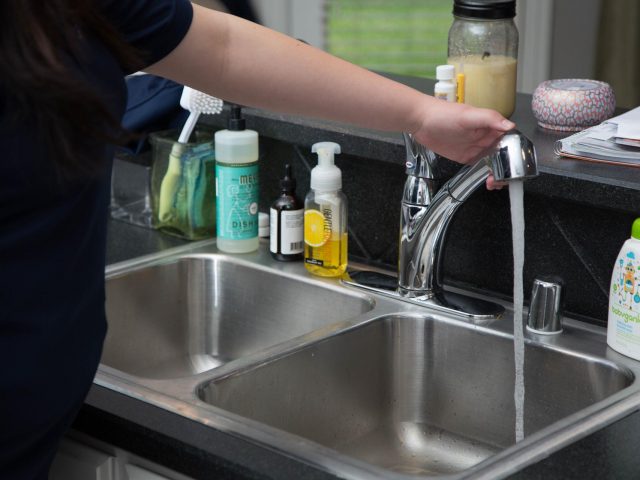When it comes to plumbing, the choice of pipe material is a critical decision that can impact the longevity and efficiency of your plumbing system. The market offers a plethora of options, each with its own set of advantages and disadvantages. In this guide, we will explore the key factors to consider when selecting the right pipe material for your plumbing needs.
1. Water Compatibility
The first and foremost consideration in choosing a pipe material is its compatibility with the water it will carry. Different pipes react differently to varying water types. For instance, certain metals may corrode when exposed to acidic water. Understanding the composition of your water supply is crucial in preventing premature pipe failure.
2. Durability and Longevity
Durability is a paramount factor when it comes to plumbing. The longevity of your plumbing system depends on the material’s ability to withstand environmental factors, pressure, and temperature fluctuations. Copper, for example, is renowned for its corrosion resistance and durability, making it a popular choice for both residential and commercial plumbing systems.
3. Cost Considerations
Budget constraints often play a significant role in decision-making. Plastic pipes such as PVC and PEX are generally more budget-friendly compared to their metal counterparts. However, it’s essential to weigh the upfront cost against the long-term benefits. Sometimes, investing a little more initially can save you significant expenses in the future.
4. Installation Ease
The ease of installation is another crucial factor. Some materials, like PVC and PEX, are known for their flexibility and simplicity in installation. On the other hand, metals like copper may require specialized tools and skills. Consider your DIY capabilities or consult with a professional plumber to ensure a seamless installation process.
5. Environmental Impact
In an era of increasing environmental awareness, considering the ecological impact of your choices is vital. Materials like copper and brass are recyclable, making them environmentally friendly options. Additionally, plastic pipes are often lauded for their energy-efficient manufacturing process.

6. Resistance to Corrosion and Rust
Corrosion and rust can significantly compromise the integrity of your plumbing system. Stainless steel and copper are corrosion-resistant, making them ideal choices for areas with hard water or high humidity. Understanding the corrosion potential of each material in your specific environment is crucial to avoiding costly repairs.
7. Insulation Properties
In regions where extreme temperatures are a concern, the insulation properties of the pipe material become crucial. Some materials, like PEX, have excellent insulation properties, reducing the risk of frozen pipes during cold seasons. Evaluate the climate of your location to determine the best insulation characteristics for your plumbing system. For more insights and further information about plumbing, you can visit www.abacusplumbing.com/plumbing/garbage-disposals/ to learn more.
Conclusion
In conclusion, choosing the right pipe material for your plumbing needs is a decision that requires careful consideration of various factors. Water compatibility, durability, cost, ease of installation, environmental impact, resistance to corrosion, and insulation properties should all be weighed before making a choice. Consulting with a plumbing professional can provide valuable insights tailored to your specific requirements.
